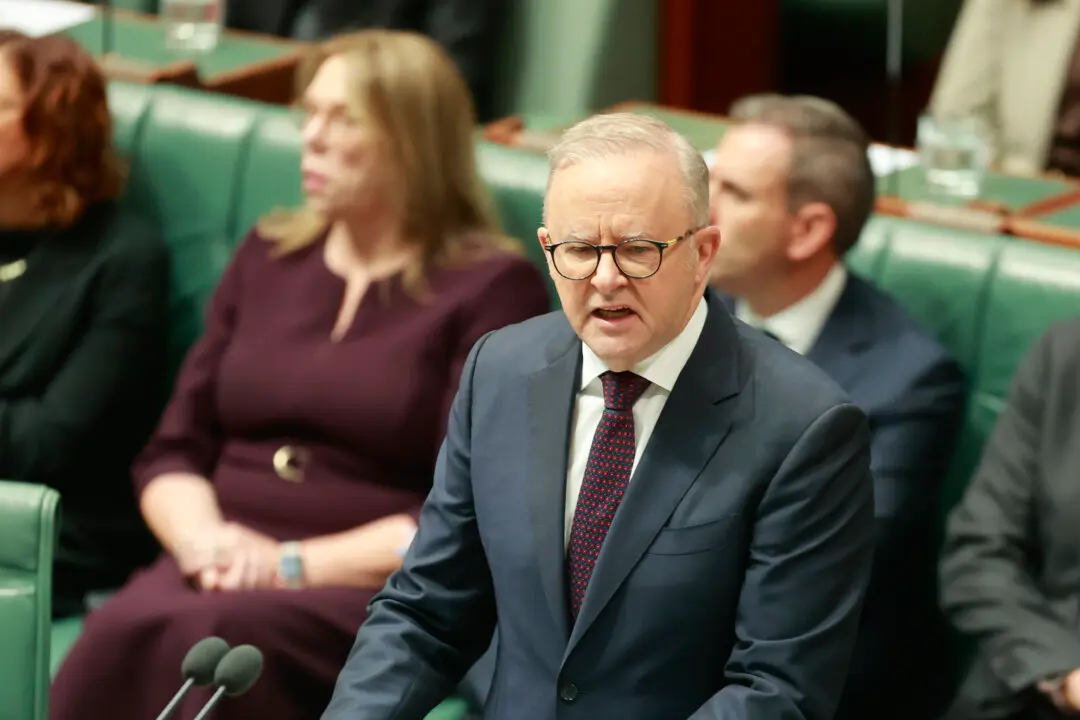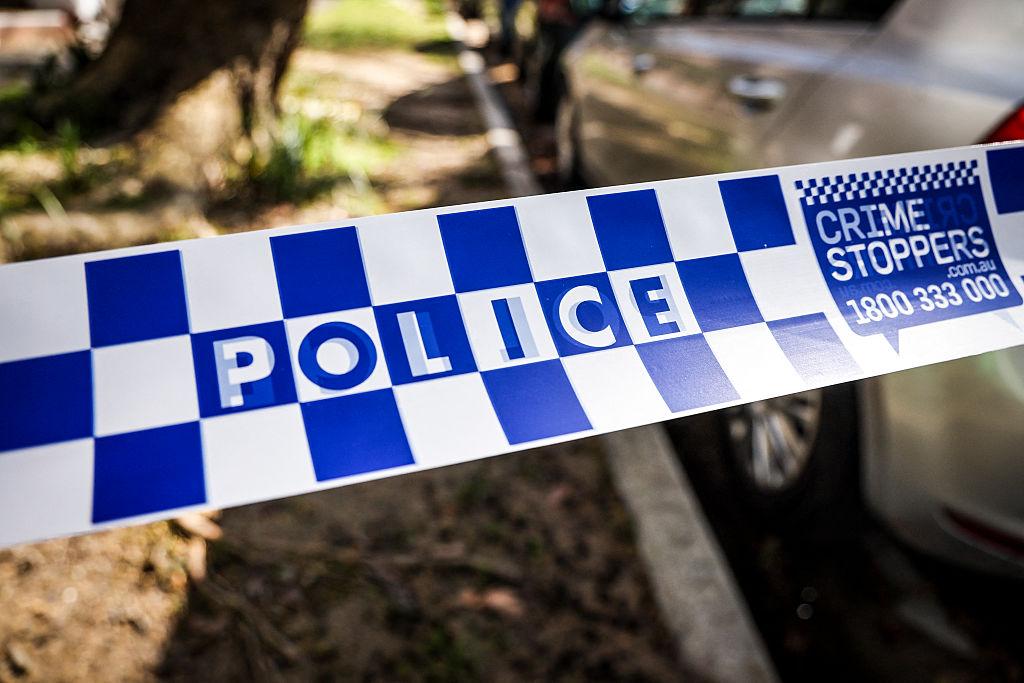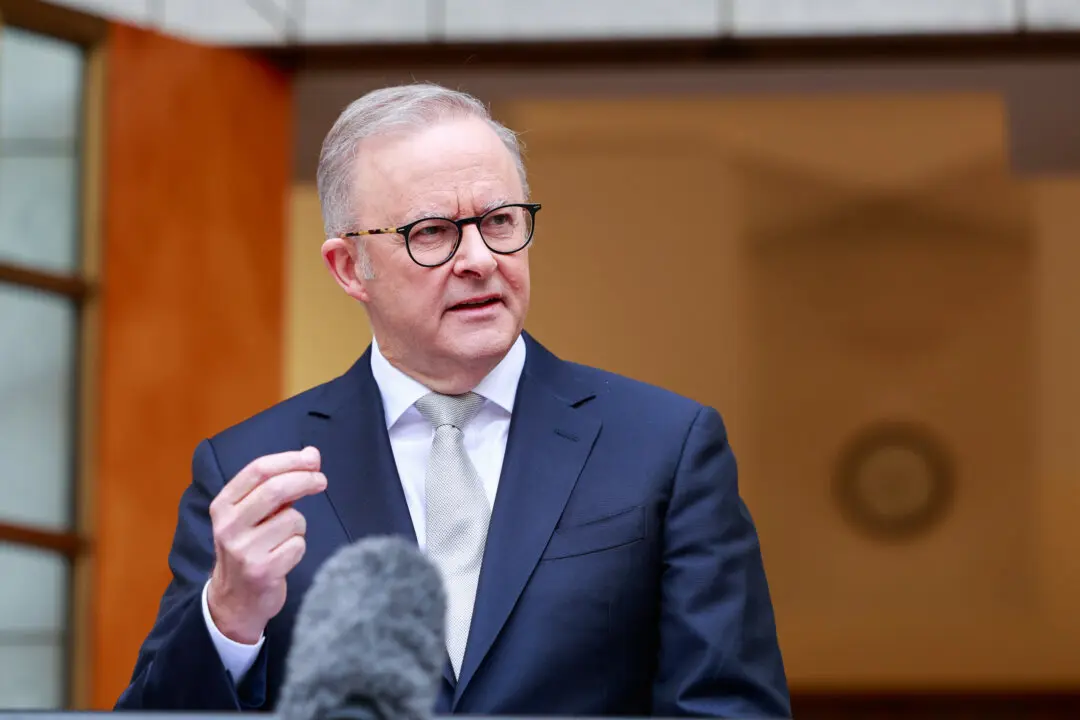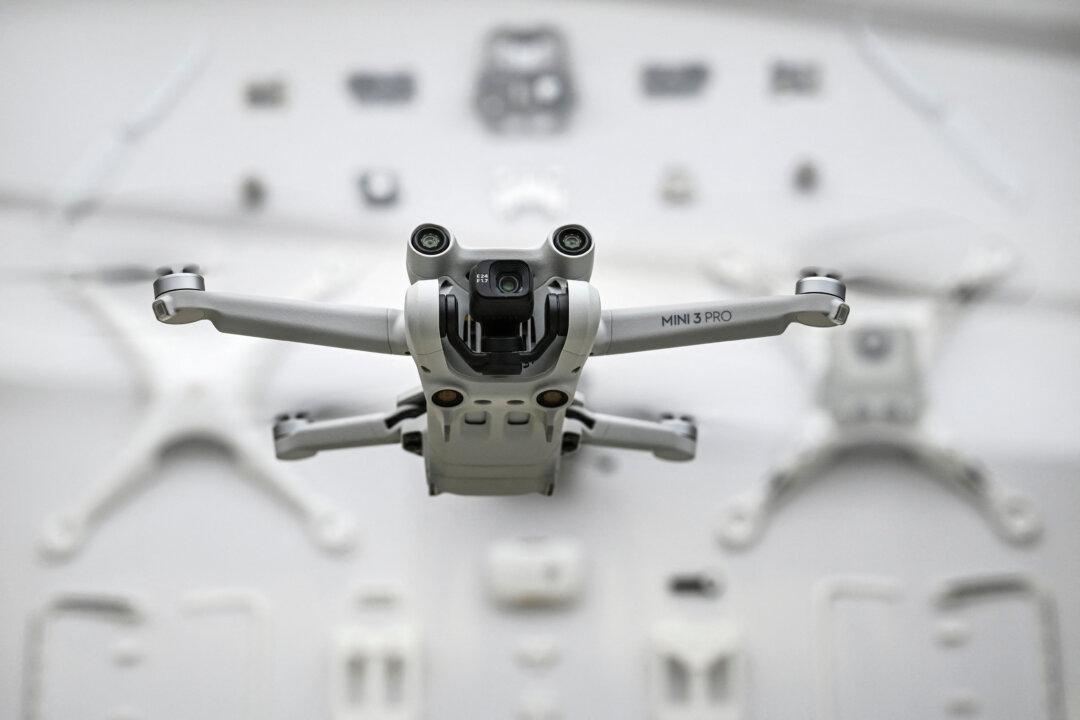Software developers based in China are writing the code for TikTok, triggering concerns that the Chinese Communist Party (CCP) can access the data of more than one billion users worldwide, as well as force staff to silence dissenting voices, elevate pro-communist narratives, and sow seeds of division in democracies.
A code sample seen by the Australian Financial Review shows that engineers at TikTok’s Chinese parent company, ByteDance, are linked to the software development, and while much of TikTok’s code is obfuscated—making it hard to tell what is going on—the sample appears to control broadcasting and moderation of live streaming.




